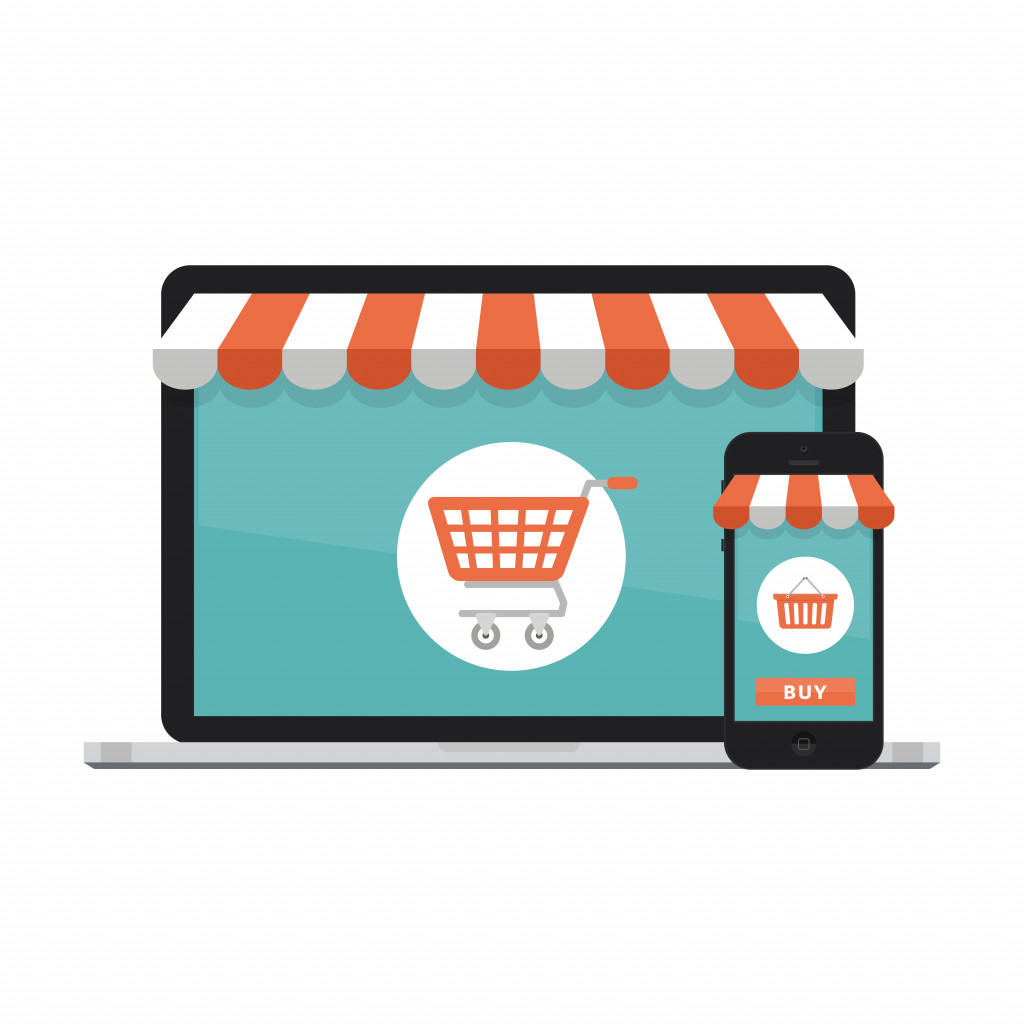Rarely do entrepreneurs start a brand and not have plans of scaling their business. Everyone wants their business to cost-effectively increase their revenue and be among the top contenders in the market. But then, only a select few know when the best time is to scale their business. Others don’t even have an idea of how different scaling a business is compared to growing a brand.
What Scaling a Business Means
Scaling and growing a business are two different concepts often used interchangeably. In reality, these two terms have their own distinct meanings. You can share a lot of enthusiasm for both terms but require different strategies to make each work.
Business growth involves increasing your revenue while adding additional resources. This usually means adding more employees and possibly assets to get the job done. But since additional resources mean more expenses, there is a need to even out revenue and losses to gain value and experience growth.
Scaling a business, on the other hand, involves increasing your revenue before taking in new costs. This means you need more efficient business processes to cater to a larger number of audiences without falling behind the new costs. It essentially means gaining additional revenue at a much faster rate compared to your before results.
Why Some Businesses Can’t Scale
One can face different challenges when trying to scale their brand. This is dependent on many things, including your scaling strategies and your brand’s readiness to scale up. For the most part, the following are the usual challenges that you may face when scaling your business.
-
- Poor goal setting
- Having the wrong team
- Poor communication among the departments
- Too much competition
- Not having a great mentor
- Unwillingness to spend money
- Refusal to make the necessary updates
- Inability to mitigate and or take risks
Signs Your E-commerce Brand Is Ready to Scale

Do you own an e-commerce brand and plans on scaling up the business soon? Know that certain telltale signs show you could be ready to step up your game. These are as follows.
Business Shows Stability
Your business shows growing revenue, and you can predict long-term positive growth. Expenses are staying flat, and debt ratios remain low. Your company always demonstrates its ability to withstand temporary problems.
You Started Limiting Opportunities
Have you started declining business opportunities due to lack of inventory, manpower, and the like? No matter how much you try to accommodate all potential clients, you know deep inside that you can’t do it with the number of resources you have now. This shows your business is more than ready to scale.
Healthy Consumer Base
Are your customers loyal, game to make referrals, and most are even repeat clients? Is your community online thriving and there constant engagement both online and offline? If yes, then you sure do have a healthy customer base.
Eagerness and Willingness to Take on Bigger Challenges
You and your staff are happy with how things are, from the revenue your e-commerce brand is making to how the management runs the operations. You often talk about business growth and everyone is excited to take on bigger roles. When there is eagerness, and everyone is doing their part, this is a good sign that scaling the business is now a good idea.
You Feel Comfortable with Your Company Ethos
Scaling a business also involves knowing your mission statement, being comfortable with what your brand stands for, and willingness to embrace change. If you are confident that you and your employees, both old and new, can adapt to the company’s ethos, then you are seeing great signs of business scaling.
The Need to Rethink Your Marketing When Scaling
Marketing is more crucial now that you have plans to scale your e-commerce brand. You can no longer rely on your usual marketing tactics since you are after more revenue at the lowest cost. To help you step up your marketing game, here are some pointers you need to remember.
- Consider marketing strategies that require the least resources but have the highest return on investment.
- Outsource the responsibilities you can no longer handle on your own.
- Think about personalization when engaging with your target audiences.
- Repurpose your content.
- Adopt solutions that enable you to cater to your brand’s growing needs.
- Consider big data.
- Don’t take local marketing for granted.
- Get your employees involved.
- Monitor progress and evaluate results.
- Optimize search engine.
There is no easy way to scale an e-commerce brand. Your business has its own needs and will require a scaling strategy that could be a whole different world compared to your competitors. But with the help of these basic must-knows, you can start your plan to successfully scale your brand with greater success.
